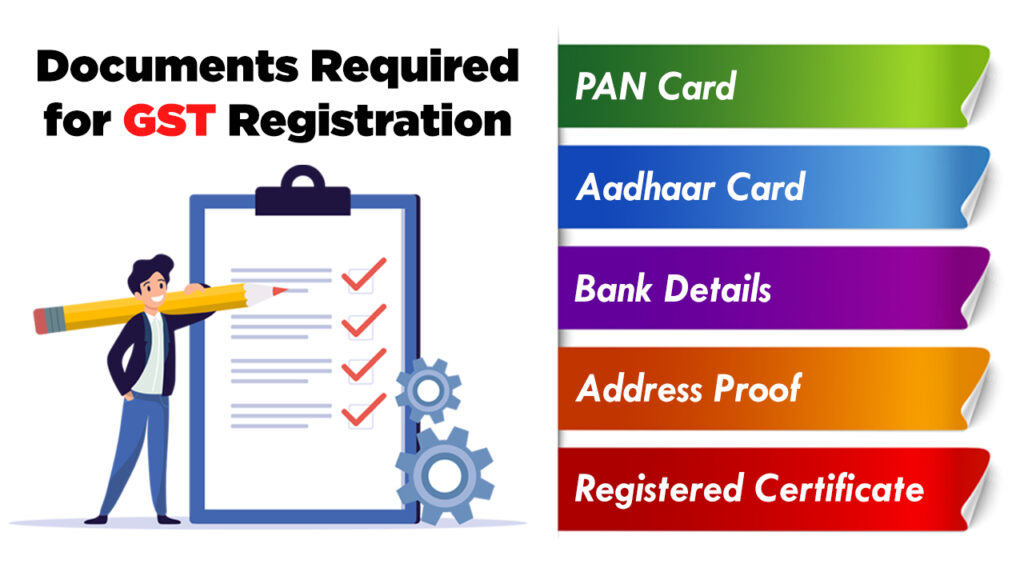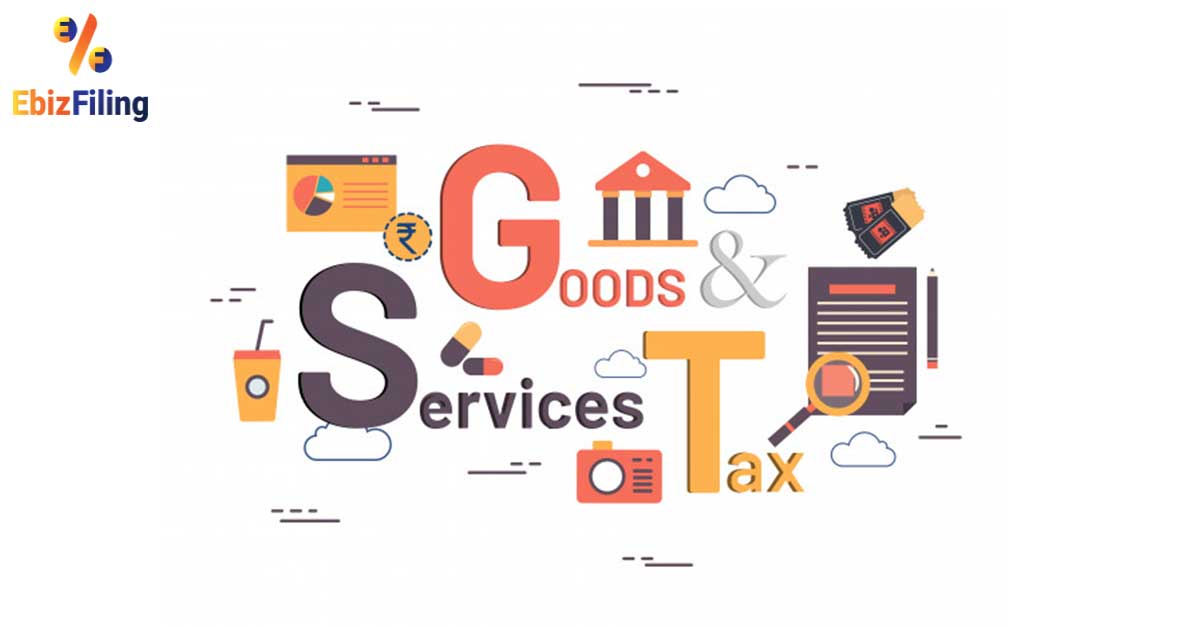Throughout: The Ultimate Roadmap to GST Enrollment for Services Looking For Financial Stability
Browsing the intricacies of Goods and Provider Tax (GST) enrollment is a vital action for businesses aiming for monetary security. From recognizing the basic principles of GST to conforming with post-registration guidelines, the procedure can seem discouraging at first glimpse. Damaging down the roadmap right into convenient actions can improve the enrollment trip for companies looking to boost their financial standing. Let's check out the essential elements that comprise this best roadmap and uncover how each stage adds to laying a strong structure for financial success.
Recognizing GST Essentials
Digging right into the fundamental concepts of Item and Solutions Tax (GST) is essential for obtaining a detailed understanding of its ramifications on services and the economy. Input Tax Credit (ITC) is a considerable function of GST, enabling companies to declare credit history for taxes paid on inputs, decreasing the general tax obligation burden. Comprehending the fundamentals of GST is crucial for services to comply with tax regulations, manage their funds successfully, and contribute to the nation's financial growth by taking part in a clear tax obligation system.
Qualification Standards for Registration
To register for GST, services should meet specific eligibility criteria developed by the federal government. The key qualification need is that any kind of organization involved in the supply of items or services with an annual aggregate turn over above the threshold restriction set by the authorities have to register for GST. Since the current laws, the threshold restriction for GST registration is an annual accumulation turn over of 40 lakhs for services operating within a state, except for unique group states where the limitation is 20 lakhs. Additionally, certain companies are needed to register for GST regardless of their turnover, such as interstate providers, casual taxed persons, and organizations reliant pay tax under the reverse charge device. It is vital for services to thoroughly assess their turn over and deal kinds to identify their GST registration commitments precisely. Failure to sign up for GST when eligible can result in penalties and lawful repercussions, making it essential for organizations to abide by the specified qualification standards.
Files Needed for Enrollment
Having satisfied the qualification standards for GST enrollment, companies need to currently ensure they have the requisite files in location to continue with the registration procedure efficiently. The files required for GST enrollment normally include proof of company constitution, such as collaboration act, registration certificate, or unification certificate for different types of organizations. In addition, businesses need to provide files establishing the primary workplace, such as a rental contract or power bill. PAN card of the company, in addition to the identity and address proof of promoters/partners/directors, are vital for verification functions. Checking account declarations, in addition to terminated cheques or a duplicate of the financial institution passbook, are needed to confirm the economic information given throughout enrollment. In addition, organizations have advice to have electronic signatures ready for the accredited signature. Making sure all these papers are organized and conveniently offered will expedite the GST useful content enrollment procedure, allowing businesses to comply with tax obligation guidelines perfectly.
Step-by-Step Enrollment Refine
Commencing the GST registration procedure involves a collection of structured actions to make sure a compliant and seamless registration for organizations. The first action is to see the GST website and submit the registration type with precise information of business entity. Following this, the candidate obtains a Short-term Referral Number (TRN) which is used to return to the application procedure if it's not completed in one go.
Following, all called for documents as per the list given by the GST portal need to be published. These files commonly include proof of organization enrollment, address and identification proofs of promoters, financial statements, and company entity's PAN card.

Post-Registration Conformity Standards

Final Thought
To conclude, services looking for monetary stability should understand the check these guys out basics of GST, meet qualification requirements, gather required files, follow the step-by-step registration process, and abide by post-registration guidelines - Best GST registration services in Singapore. By adhering to these steps, services can make certain conformity with tax obligation regulations and maintain financial stability over time
Furthermore, certain businesses are required to register for GST regardless of their turn over, such as interstate providers, informal taxed individuals, and organizations responsible to pay tax obligation under the reverse fee mechanism.Having actually satisfied the eligibility standards for GST registration, businesses have to currently ensure they have the requisite documents in area to proceed with the registration procedure effectively. The documents needed for GST registration commonly consist of proof of organization constitution, such as collaboration act, registration certification, or consolidation certification for different kinds of services. In addition, companies require to provide papers establishing the primary area of company, such as a rental arrangement or electrical power costs.Beginning the GST enrollment process includes a collection of structured steps to make certain a compliant and seamless enrollment for companies.